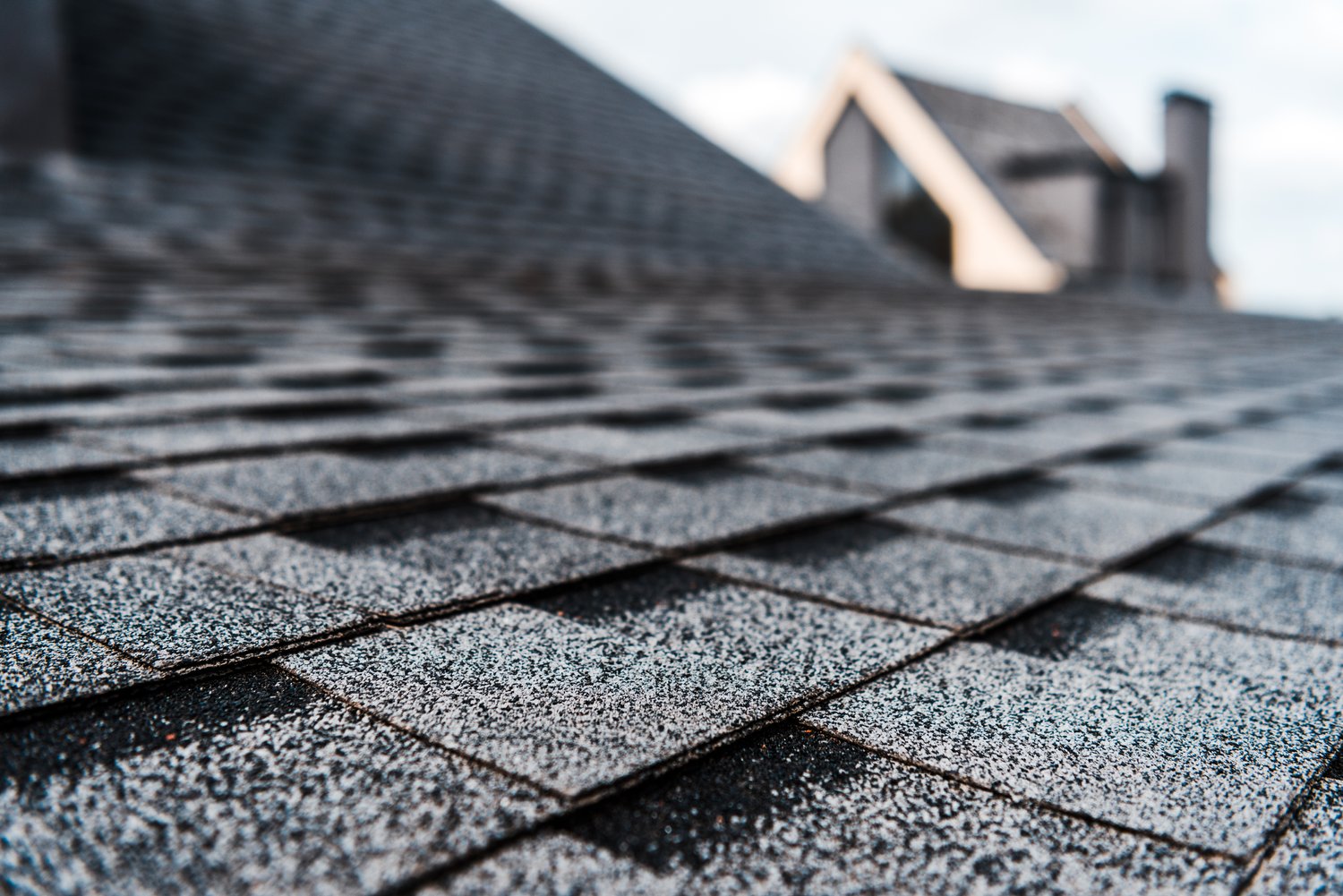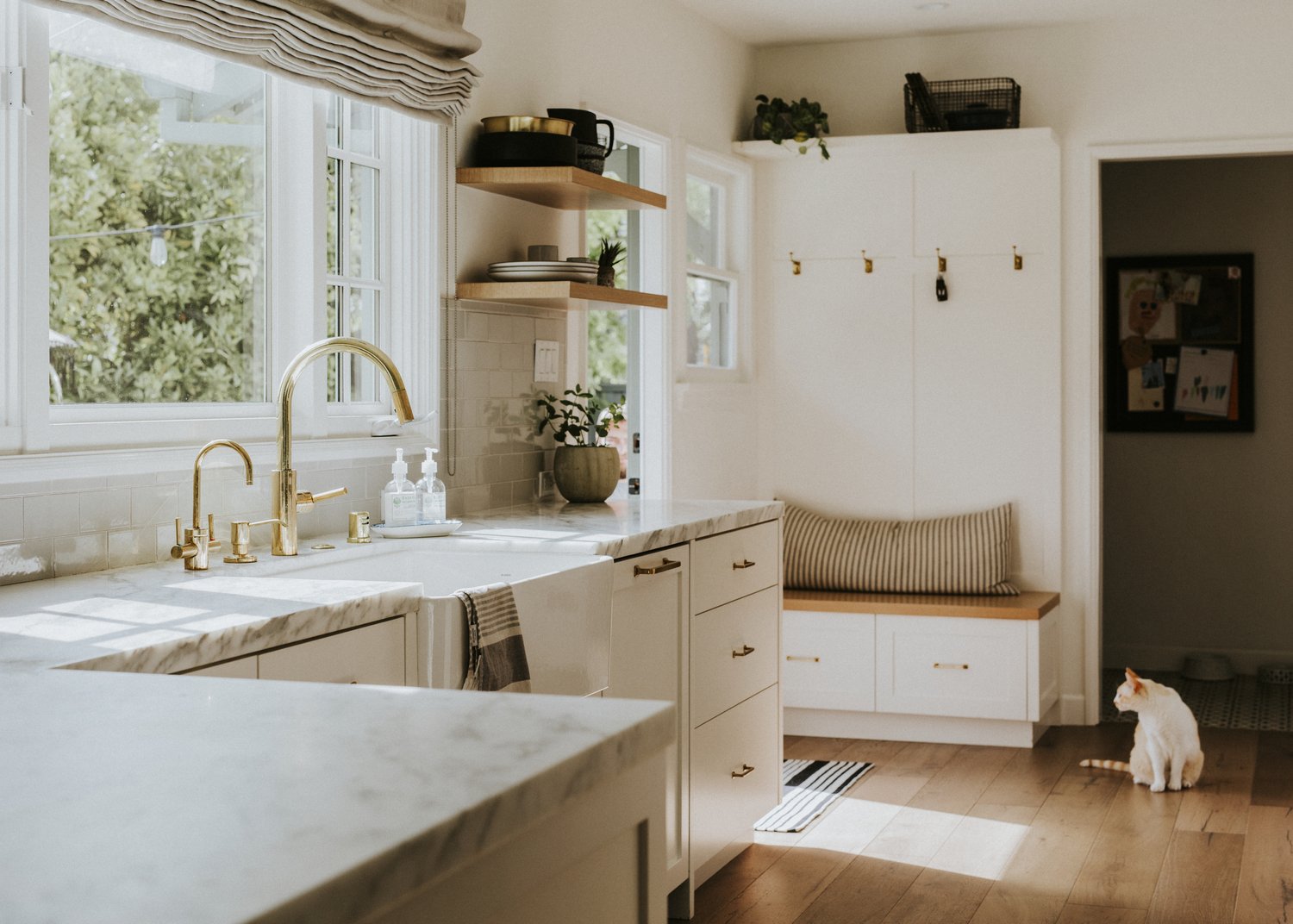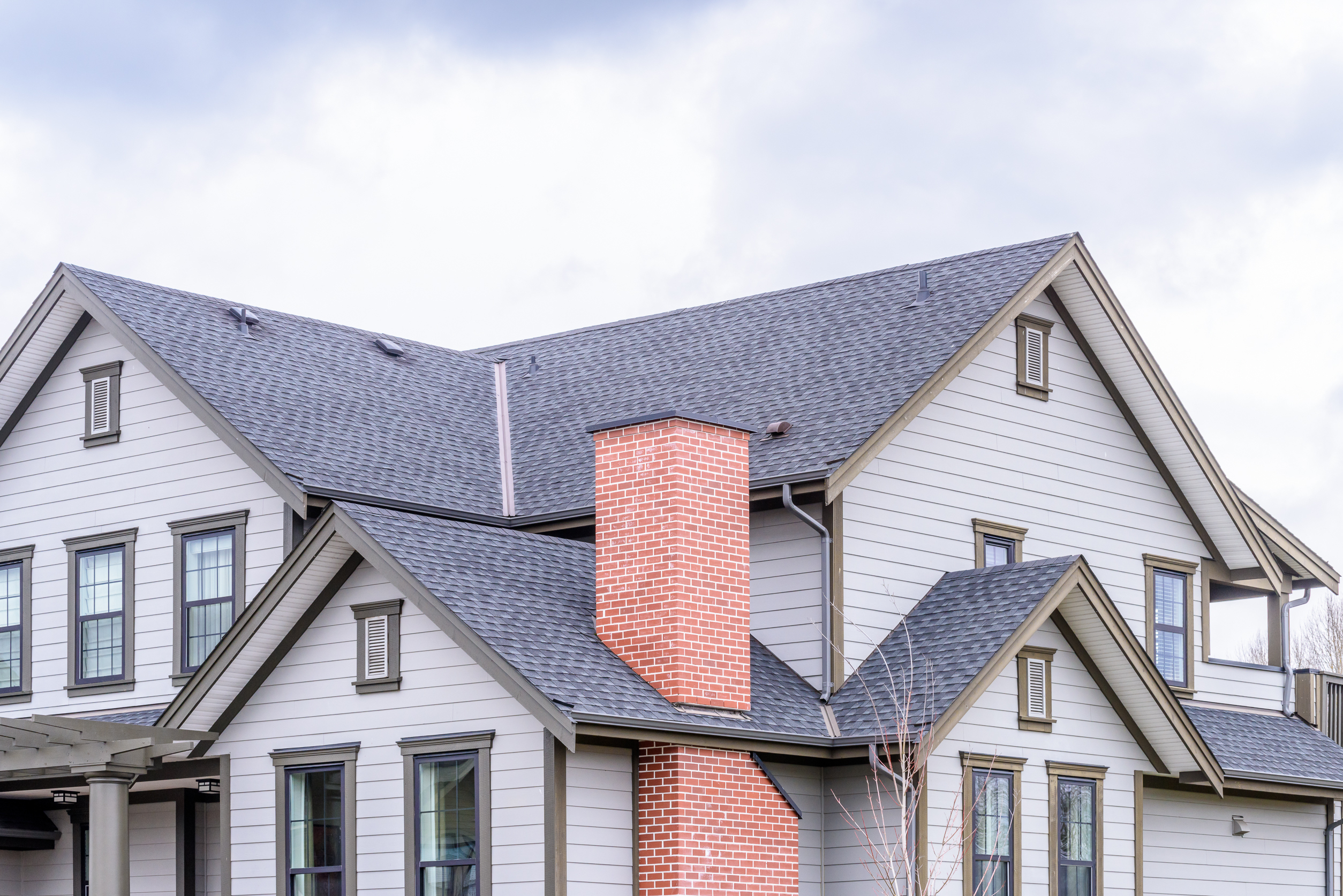Replacing your home’s roof is a significant investment that impacts both your property’s value and its protection against the elements. Understanding the factors that influence the cost of a new roof can help you budget appropriately and make informed decisions when speaking with contractors. This complete pricing guide breaks down what determines your new roof cost estimate, from materials and labor to size and complexity. Whether you’re considering asphalt shingles, metal, or other roofing materials, we’ll provide the average cost ranges you can expect for your roof replacement project.
Understanding the Basics of Roof Pricing
When contractors discuss roofing costs, they typically use the term “square” as a unit of measurement. One roofing square equals 100 square feet of roof area. The average cost roof replacement is often quoted per square, making it easier to compare estimates across different materials and contractors. For a typical 2,000-square-foot home with a moderately pitched roof, you might need between 20-24 squares of roofing material, depending on the roof’s complexity and pitch. Most homeowners can expect to pay between $5,000 and $15,000 for a complete asphalt shingle roof replacement, though this range can vary significantly based on multiple factors that we’ll explore in the sections below.
Roof Size and Complexity Factors
The total area of your roof is the most straightforward cost factor, but complexity matters just as much. A simple gable roof with few or no protrusions will cost significantly less than a roof with multiple dormers, skylights, chimneys, or unusual angles. Roof pitch also plays a crucial role in pricing. Steeper roofs require more safety equipment, slow down the installation process, and may require additional materials for proper coverage. For every increase in pitch, labor costs typically rise by 7-15%. Additionally, homes with difficult access points or limited workspace around the perimeter might incur surcharges as contractors need special equipment or face increased safety concerns.
Roofing Material Cost Comparison
The material you choose for your new roof dramatically impacts the overall price. Asphalt shingles remain the most popular and affordable option, with the average shingle roof cost per square ranging from $100 to $350 depending on quality. Architectural or dimensional shingles typically cost 20-40% more than standard three-tab shingles but offer enhanced durability and aesthetic appeal. On the higher end of the spectrum, metal roof price ranges typically start at $300 per square for standing seam panels and can exceed $1,000 per square for copper or zinc options. While these premium materials represent a larger upfront investment, they often last 2-3 times longer than asphalt alternatives and may provide better energy efficiency, potentially offsetting the initial cost difference over time.
Labor and Installation Costs
Labor typically accounts for 40-60% of your total roof replacement cost. Regional labor rates, contractor experience, and project timing all influence this portion of your estimate. During peak roofing seasons (usually late spring through early fall), labor costs may increase due to high demand. The installation method also affects pricing—overlaying new shingles on existing ones (when building codes allow) costs less than a complete tear-off but may void certain warranties and reduce the lifespan of your new roof. Most quality contractors will recommend a full tear-off to inspect and address potential deck damage. According to data collected by AskHomey, homeowners who invest in proper removal and installation typically report higher satisfaction with their roof replacement projects over time.
Additional Cost Considerations
Several supplementary factors can influence your final new roof cost estimate. Removing the old roof (tear-off) typically adds $1-$5 per square foot depending on the number of layers and material type. Roof deck repairs, if needed, generally cost $2-$3 per square foot. Upgrading ventilation systems, which is often recommended during roof replacement, can add $300-$600 to the project. Flashing replacements around chimneys, skylights, and walls typically add $200-$500 per area. Permit fees vary by location but generally range from $250 to $500. Quality contractors will include these potential costs in their estimates, but it’s worth discussing each item to understand what you’re paying for and whether certain upgrades make sense for your specific situation.
Understanding Warranties and Long-Term Value
A new roof is not just an expense but an investment in your home’s longevity and value. Most roofing materials come with manufacturer warranties ranging from 20 to lifetime coverage, while installation workmanship warranties typically span 2-10 years. Premium materials with longer warranties often provide better long-term value despite higher upfront costs. When evaluating your average cost roof replacement options, consider both the immediate price tag and the long-term value proposition. A quality roof installed by experienced professionals might cost more initially but can save thousands in potential repairs and premature replacement costs over time.
For more tips and to connect with reliable home service professionals, follow AskHomey on Facebook and Instagram.



